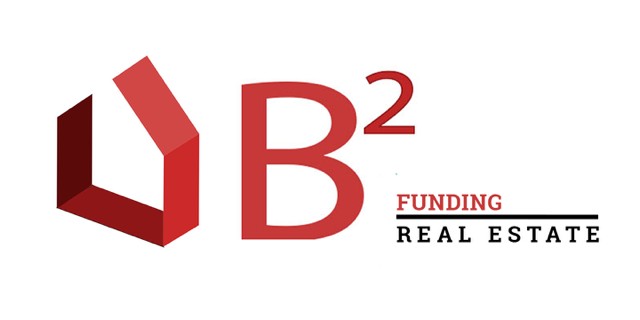Conventional Home Loans
The conventional home loan is the most common type of mortgage used by home buyers, often because it’s affordable and offers so many options. When it comes to a conventional loan, the better your credit score, the more options you’ll have, including what down payment you’ll use, the size of your loan, and how you’ll pay mortgage insurance and closing costs.
Advantages of a Conventional Home Loan
B Squared Funding can help you figure out what loan is best for you.
Conventional home loans that are not insured or guaranteed by the government. Instead, they meet the down payment and income requirements of the Federal National Mortgage Association (FNMA or Fannie Mae) and the Federal Home Loan Mortgage Corporation (FHLMC or Freddie Mac). These organizations help fund the U.S. housing market. They require a higher credit score to qualify, but they also give you more options for calculating closing costs, monthly payment, and down payment.
How to Get Approved for a Conventional Home Loan
- Only requires a down payment of 3%
- Private Mortgage Insurance (PMI) is eliminated with down payments of 22% and 24 months of payment history
- PMI buyout option with 5% or more down payment
- Close a loan with no out-of-pocket costs
- There are fewer fees and penalties
BENEFITS OF CONVENTIONAL LOANS
The most common and most flexible type of loan
Better credit means better rates
Decide how you want to pay for mortgage insurance
You can choose the length of your term
An interest rate that is fixed
How It Works
Some conventional home loan options are similar to FHA loans. A conventional loan may be the most affordable option if you have a higher credit score.
Both conventional and FHA loans come in 30-year, 20-year, and 15-year fixed-rate terms.
When you have good credit, a conventional mortgage will likely offer you a better interest rate, as well as more options for other loan costs. They affect the life of your loan and can reduce your monthly payments and closing costs.
Additionally, conventional mortgages can also be used to buy additional properties, such as a second home, vacation home, or rental property. An FHA loan, on the other hand, is meant to finance a primary residence.
To qualify you’ll need the following:
- Documentation of regular income
- Verification and history of employment
- Minimum down payment of 3%
- An automated underwriting system will accept only loans with debt-to-income ratios at or below 50%
- When down payment is less than 22% and 24 months of payment history are evident, monthly mortgage insurance is required until loan-to-value is 80%
In addition to the flexibility, the lowdown-payment option carries an added monthly charge. Private Mortgage Insurance (PMI) is required if your down payment is less than 22% of the home’s value and 24 months of payment history. It protects the lender’s investment in your house. As soon as you have paid down your loan to gain 22% equity in your home and have 24 months of payment history, your PMI can be removed. This is an advantage of conventional loans, since FHA loans require mortgage insurance.
Is a Conventional Loan Right for You?
Here are answers to common questions about buying a house. Babak can help you choose an affordable loan for your house.
A: Down payments with conventional loans are based on a variety of things. Your down payment and how much you want to invest in your home purchase will affect the overall affordability of your loan.
Below are typical down payment amounts. Here’s what you would have to pay as a percentage of your house’s value:
- Minimum down payment for first-time buyers is 3%
- Down payment of 3% to 5% if you’ve bought a home before
- PMI buyout requires 5% down payment or more
- Down payment for a second home: 10%
- Potentially 15% down payment if it’s not a single-family home
- PMI can be eliminated with a 22% down payment and 24 months of payment history
With many options and factors at play, Babak can help you discuss these options early on in your purchasing process.
A: There are extra costs and fees when you close your loan besides the amount of your mortgage and your down payment. Closing costs cover things like loan origination fees, title insurance, and appraisals. They usually range from 2% to 4% of your loan.
You may pay closing costs ranging from $5,500 to $10,000 if you have a loan for $250,000. In some cases, closing costs can be covered by the seller or can be rolled into your loan.
A conventional loan offers flexible down payment options like an FHA loan. In contrast, if you have good credit and a down payment, you may be able to get a conventional loan with better mortgage insurance and a lower interest rate than an FHA loan.
For those with bad credit, an FHA loan may be the best option to finance a home while still getting competitive rates and low down payment options.
Loan limits are set annually by Fannie Mae and Freddie Mac, which are outlined on the website of the Federal Housing Finance Agency. Homebuyers can borrow $548,250 with a conventional loan in 2021, $35,000 more than they could in 2020. In some states and high-cost areas, it can be as high as $822,375.
